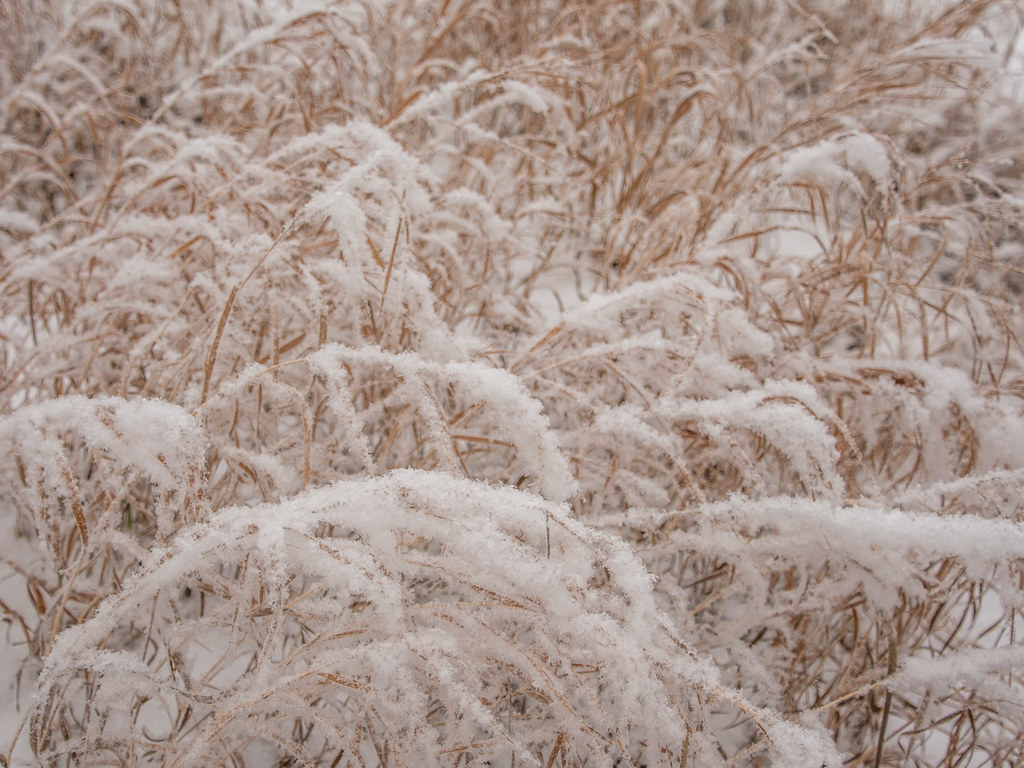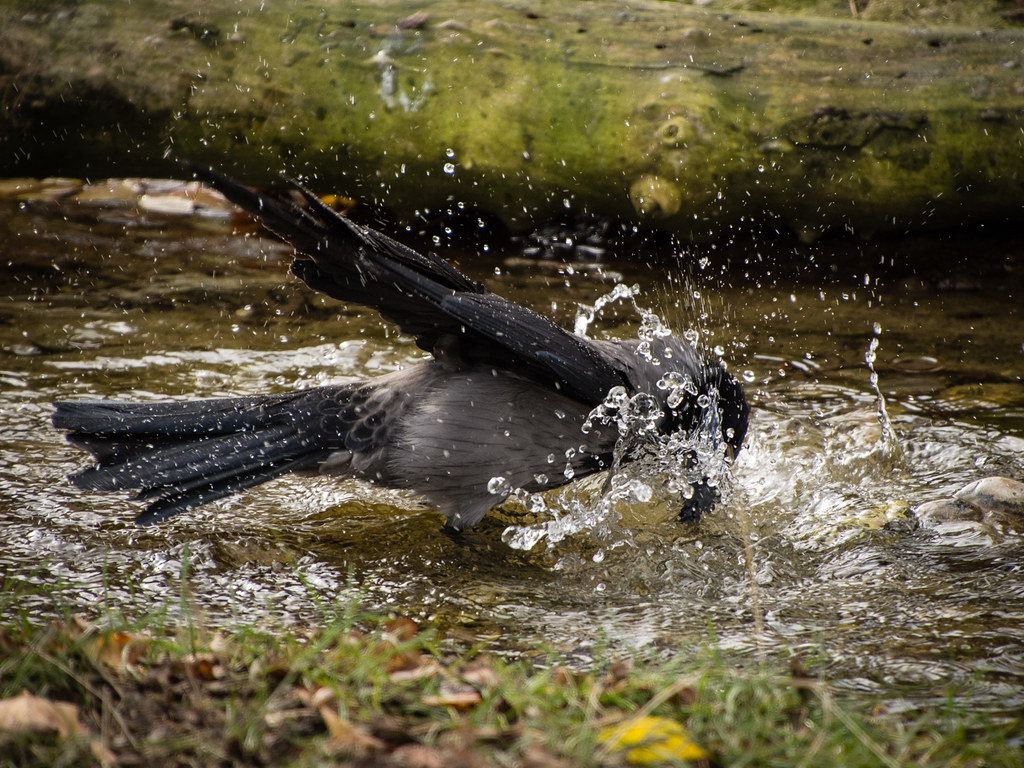Learn about the effects of land use and climate change on ferruginous hawk habitat in Canada at the online WildEcol Seminar at 3:30 pm, Nov. 26.
The Society for Ecological Restoration – Western Canada is holding its AGM online from 11 am-2:30 pm PST, Nov. 28.
Learn about orienteering, geocaching, and Adventure Smart online with SaskOutdoors at 7 pm, Nov. 30.
EMTF SK is hosting a presentation on energy management systems – leveraging IoT, AI, and cloud-based solutions at a Dec. 1 breakfast meeting.
Johnson-Shoyama Graduate School of Public Policy is hosting an online lecture on Bridging Science, Policy, Community and More: Cases of Transdisciplinarity from Climate Change from 12-12:55 pm, Dec. 2.
Full details on all upcoming events can be found on the EcoFriendly Sask Calendar
Water
Abbotsford, Calgary, Fort Simpson, New Orleans – flooding is no longer a rare, isolated incident. We have drained our wetlands, logged our forests, and built homes and communities without taking climate change into consideration. “Water management techniques developed over the 20th century will no longer be useful in this vastly changed water future. Every fen, tree and moss banked stream will count even more so than they have in the past.” [from an article by Edward Struzik, author of Swamplands: Tundra Beavers, Quaking Bogs and the Improbable World of Peat, The Tyee]
“We need extraordinary and co-ordinated planning and efforts to protect our freshwater through conservation of rivers, lakes and their watersheds. And we need a national water agency with the capacity, financial means and legal foundation to co-ordinate this. We need the research and science capacity to inform wise water decisions and build state-of-the art water prediction and management systems.” (John Pomeroy, Canada Research Chair in Water Resources and Climate Change, U of S, Globe and Mail)
Two academic papers examine how flood risk management on the Canadian prairie has defaulted towards flood resistance and recovery rather than resilience. “If the aim of flood risk management (FRM) is to increase society’s resilience to floods, then a holistic treatment of flood risk is required that addresses flood prevention, defence, mitigation, preparation, and response and recovery.”
What is the best approach to conserving prairies in the face of rapid climate change? Chris Helzer says, “We can’t afford to be so invested in current or past versions of our prairies that we don’t allow them to adapt to changing conditions. We’re hurtling into the future whether we like it or not. Let’s make sure we bring prairies along with us.” [Prairie Ecologist]
Forest
Grand Chief Stewart Phillip, president of the Union of BC Indian Chiefs; Arnold Bercov, past president of the Public and Private Workers of Canada; Torrance Coste, national campaign director for the Wilderness Committee; and Ben Parfitt, resource policy analyst, CCPA BC Office, outline the problems and possible solutions for a forest revolution in BC:
“Perpetuating logging rates that anyone with an iota of common sense knew could not go on was guaranteed to have brutal consequences, including old-growth forests so fragmented from logging that they are no longer capable of supporting caribou and vibrant songbird populations; community watersheds where once-clean drinking water has turned to mud; drastically reduced or eradicated salmon stocks; and 41,000 direct jobs lost in the forest industry in just 20 years.” [The Tyee]
“A little daily crow therapy reminds me that other lives — every bit as ordinary and epic as mine — are being lived alongside mine … This is a sustainable joy, free, readily available to anyone, and consuming no natural resources … and it’s the kind of joy I’m trying to rely on more and more.” [The Urban Nature Enthusiast]
Wild and wonderful – a 3-minute video about the unseen world of living microscopic plankton. [Vimeo]
EcoFriendly Sask supports Saskatchewan environmental initiatives through an online publication, an events calendar, small grants, and the Nature Companion website/app. You can follow EcoFriendly Sask by liking us on Facebook, following us on Twitter, or subscribing by email (top right corner).


